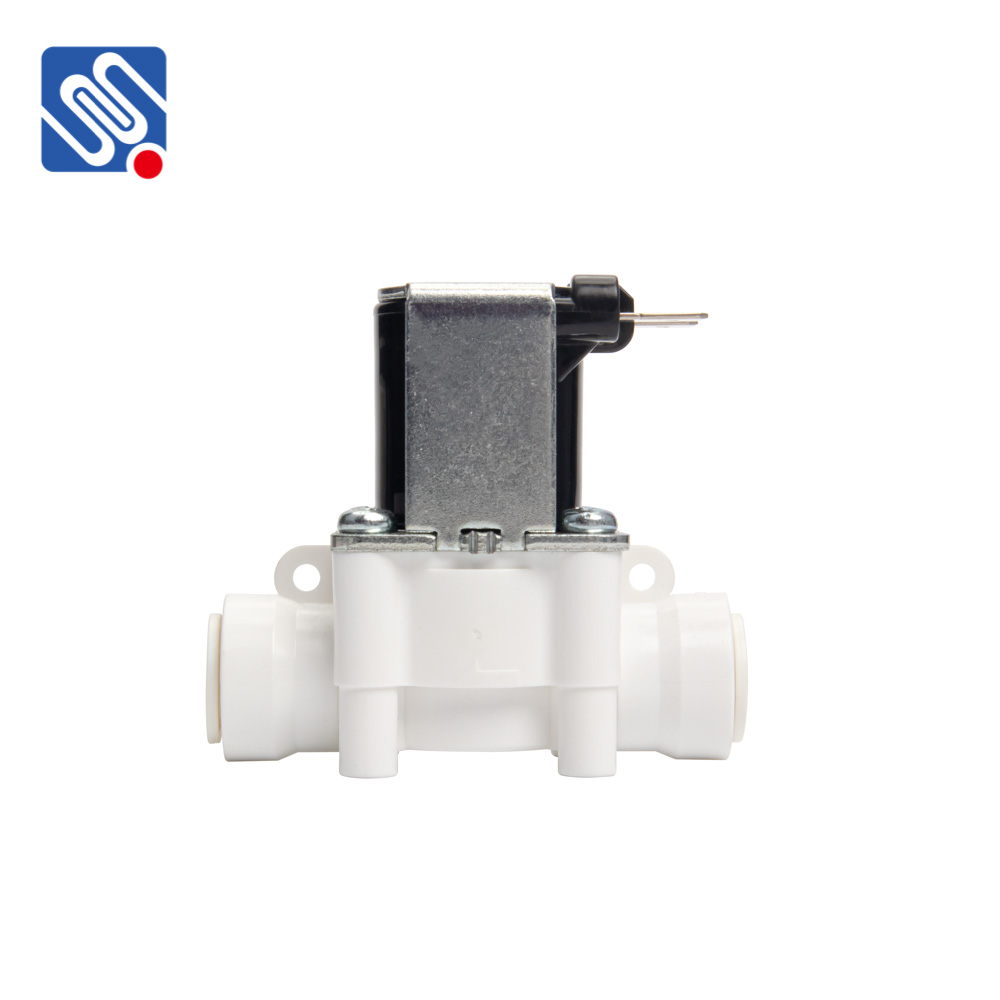In modern industrial applications, filtration systems play a pivotal role in ensuring the quality and purity of liquids or gases. To optimize the performance and efficiency of these systems, many rely on advanced components such as solenoid valves. A Filtration System Solenoid Valve is a crucial part of automated filtration systems, controlling the flow of liquids or gases based on electrical signals. This article explores the role, functionality, and importance of Filtration System Solenoid Valves in various industries, highlighting their contribution to system efficiency and protection.

Understanding Filtration System Solenoid Valve A Filtration System Solenoid Valve is an electromechanical device that uses an electric current to create a magnetic field, which in turn controls the opening and closing of the valve. This type of valve is particularly useful in automated systems where precise control over fluid flow is essential. Solenoid valves are typically designed to handle both low and high-pressure environments, making them adaptable for a wide range of filtration applications. In filtration systems, these valves are used to control the flow of liquids or gases through filters. When activated, the solenoid valve allows the fluid to pass through the filter, and when deactivated, it stops or redirects the flow. The ability to automatically control the flow provides greater precision and reliability compared to manual valves, making solenoid valves a critical component in automated filtration systems.